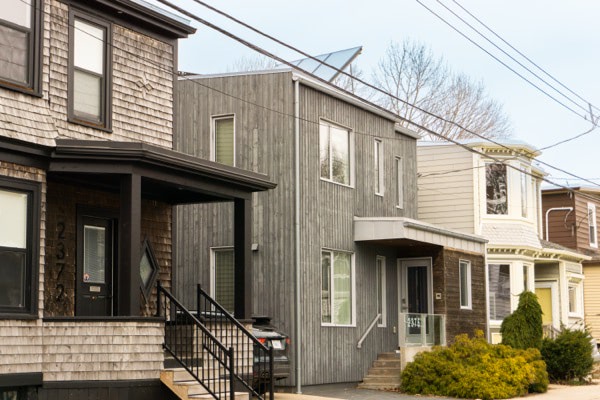How fast can you pay your mortgage off? Can you speed up the process? Here’s what you need to know!

Does a change to the prime rate affect your mortgage?
After a long period of interest rate rises and freezes, we have finally experienced a decrease in the overnight lending rate! The overnight rate now sits at 4.75 per cent, which is a 0.25 per cent drop. As a result, the prime rate has also dropped, now sitting at 6.95 per cent. This is welcome news to all Canadians, especially home owners with variable-rate mortgages. However, does this change impact other mortgage holders, such as those with fixed rates? Here’s a basic overview of what you need to know.
How does the prime rate impact variable rates?
The Bank of Canada is in charge of setting the overnight lending rate. In periods of high inflation and active spending, the overnight rate is high. During times of low inflation and economic slowdowns, it falls. After a rollercoaster ride of both historically low interest rates and aggressive rate hikes, largely thanks to the pandemic and its subsequent effects on the market, we have seen the first rate decrease since the pandemic began in 2020. When the overnight rate drops, so does the prime rate. This is because borrowing money becomes less expensive with lower overnight rates. As a result, banks can lower their own rates for borrowers.
When the prime rate fluctuates, it then affects variable rates across all types of loans. Borrowers with variable-rate mortgages, home equity lines of credit (HELOCs), student loans, and other variable-rate credit products will notice these changes directly. As the prime rate goes up or down, the interest rates on these loans will too. In short, changes to the prime rate directly influence variable rates.
What about fixed rates?
On the other hand, borrowers with fixed-rate mortgages are protected from the effects of prime rate changes, for better or worse. A fixed rate is “locked in,” which means the lender must stick with that rate for the entire mortgage term. The rate cannot rise or fall, even if the prime rate is moving around. Home owners with a fixed rate will make the same mortgage payments during their term. For many, this is an appealing structure, as it allows for long-term planning and helps borrowers avoid the impacts of market changes. Even if the prime rate rises, this doesn’t hurt those with a fixed rate. However, it also means when the prime rate falls, as it recently did, home owners with a fixed rate will not benefit.
An important note…
Even though fixed-rate mortgages are not directly linked to the prime and policy rates like variable rates are, they are still somewhat influenced by these factors. When the Bank of Canada adjusts its policy rate, investors and banks will still adjust their future interest rates. This means that when you renew your mortgage, you might have to renew at a higher rate if rates have increased. Fixed rates offer more stability in the short term, but they are not fully exempt from the effects of the central bank’s decisions!
Consult your mortgage broker!
Different mortgage products are affected by different economic conditions and factors. The best way to decide which mortgage is best for you is to work with your mortgage broker. Whether you crave the flexibility of variable rates, or the stability of fixed rates, a broker is your best path forward. We can help you understand your unique needs, and point you in the direction of the right product and lender.
Understanding the prime rate and policy rate can be confusing. The good news is you don’t have to navigate these terms, or the market, alone. We are here to guide you through your options.
If you have any questions about your mortgage, get in touch with us at Clinton Wilkins Mortgage Team! You can call us at (902) 482-2770 or contact us here.


